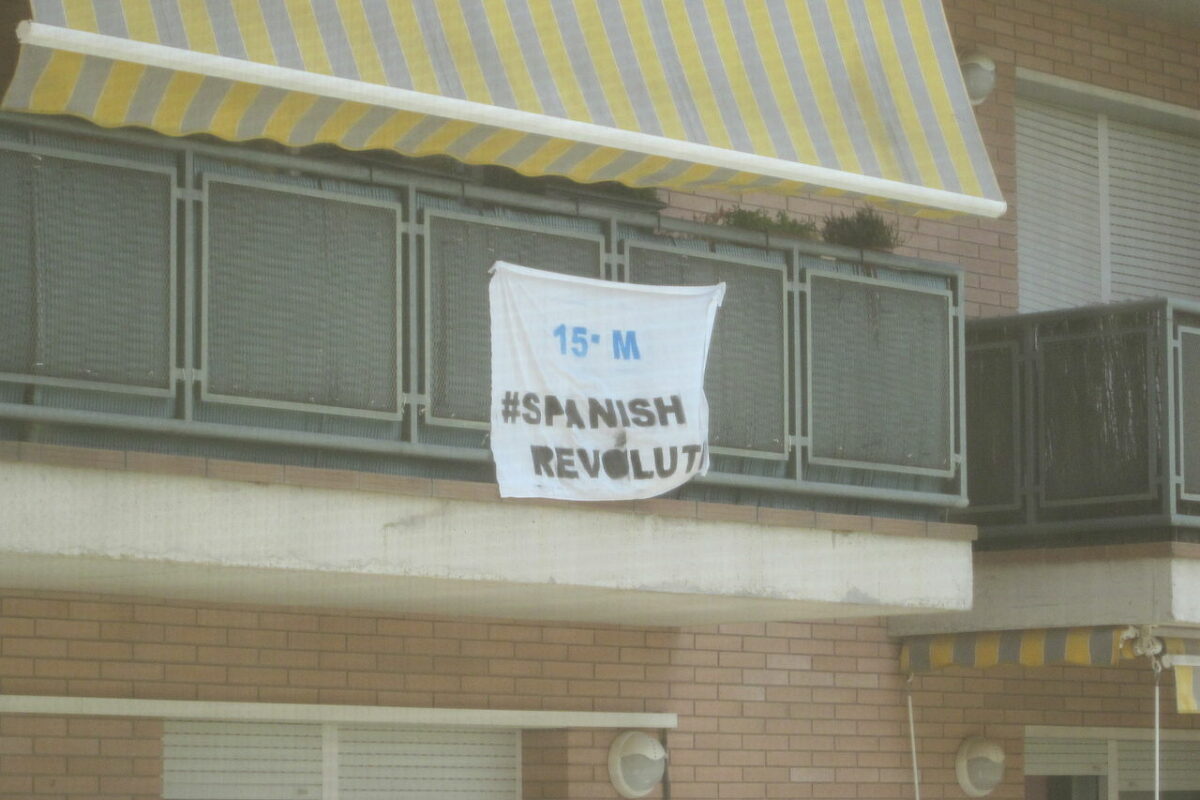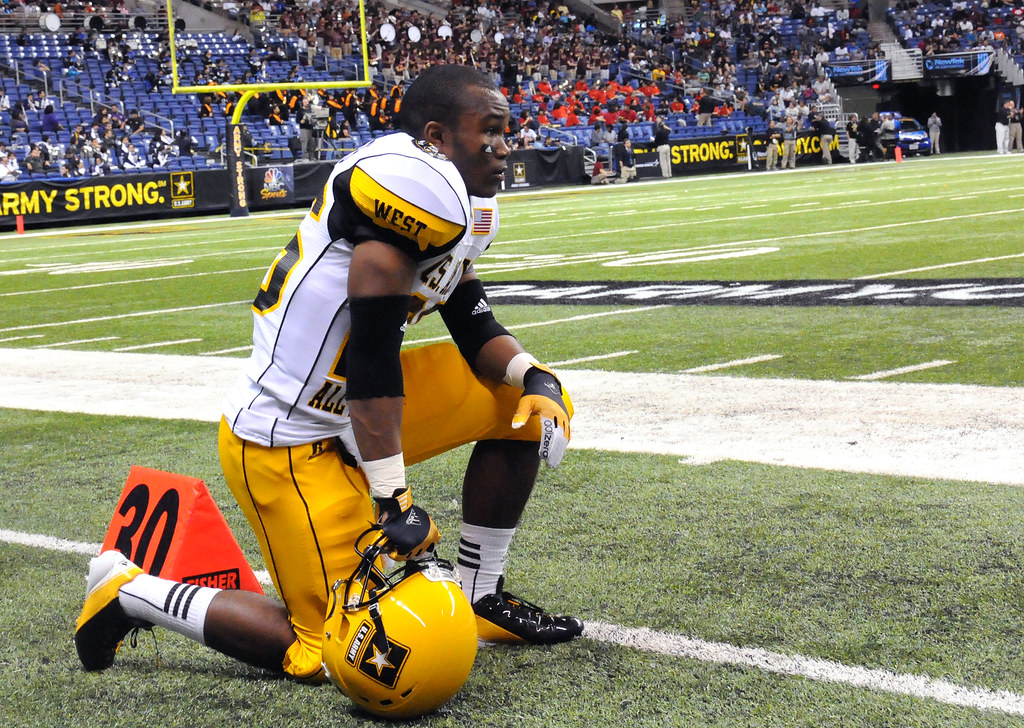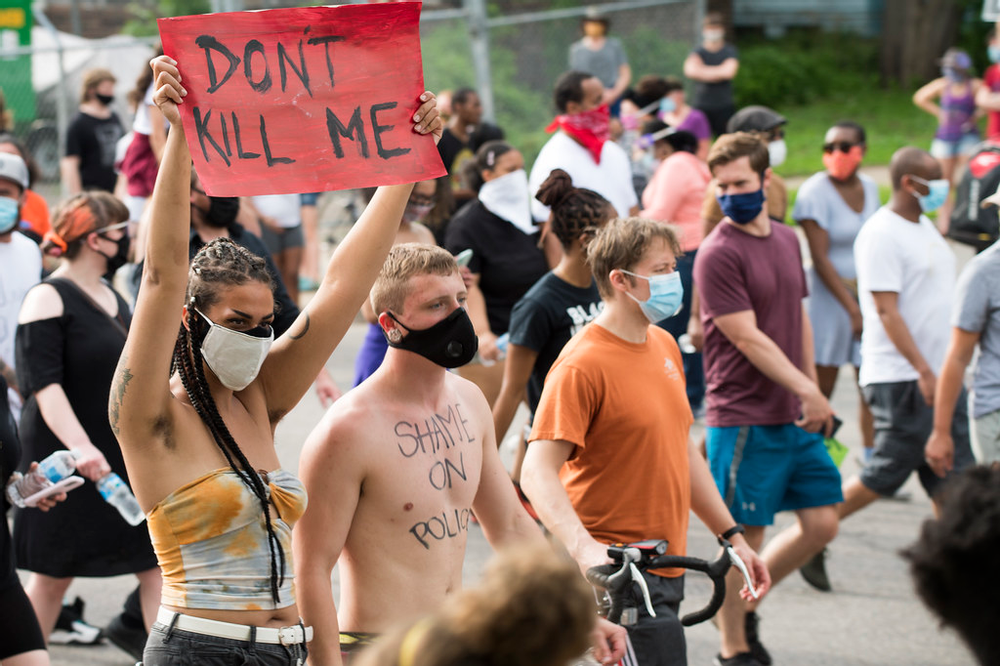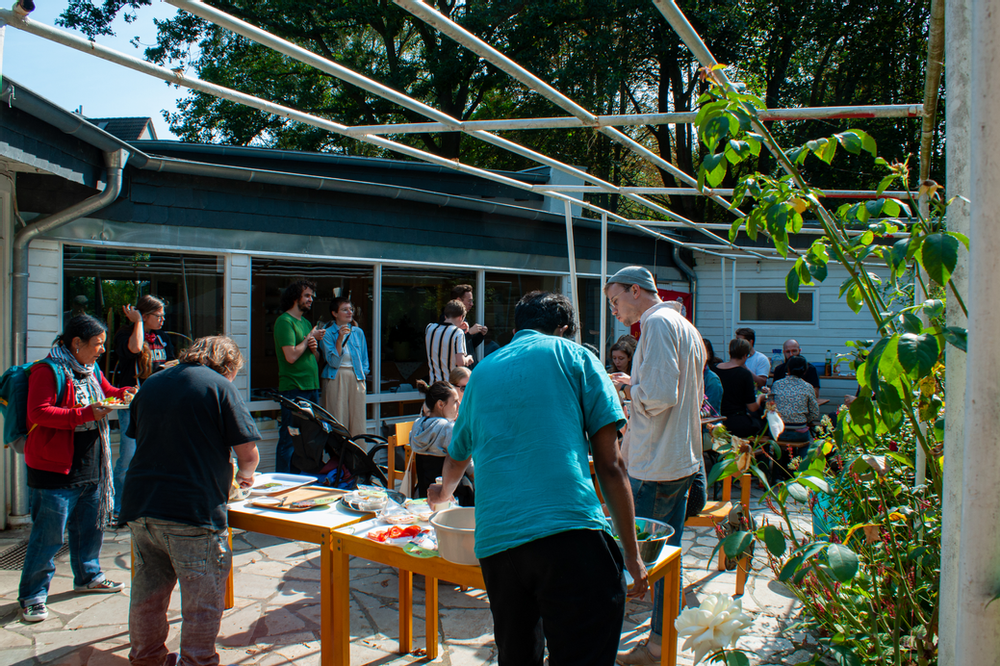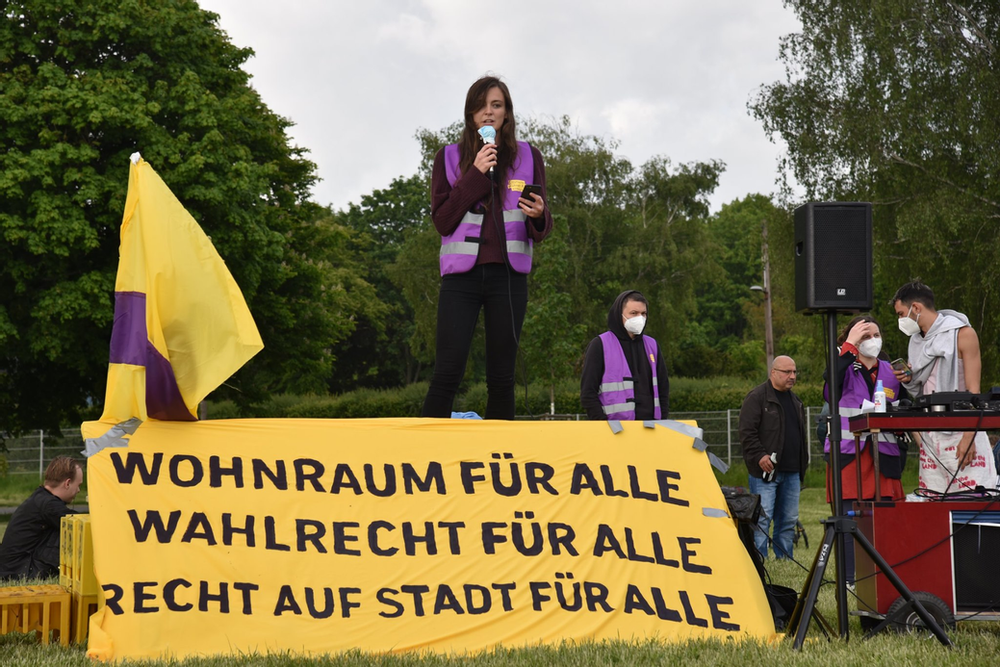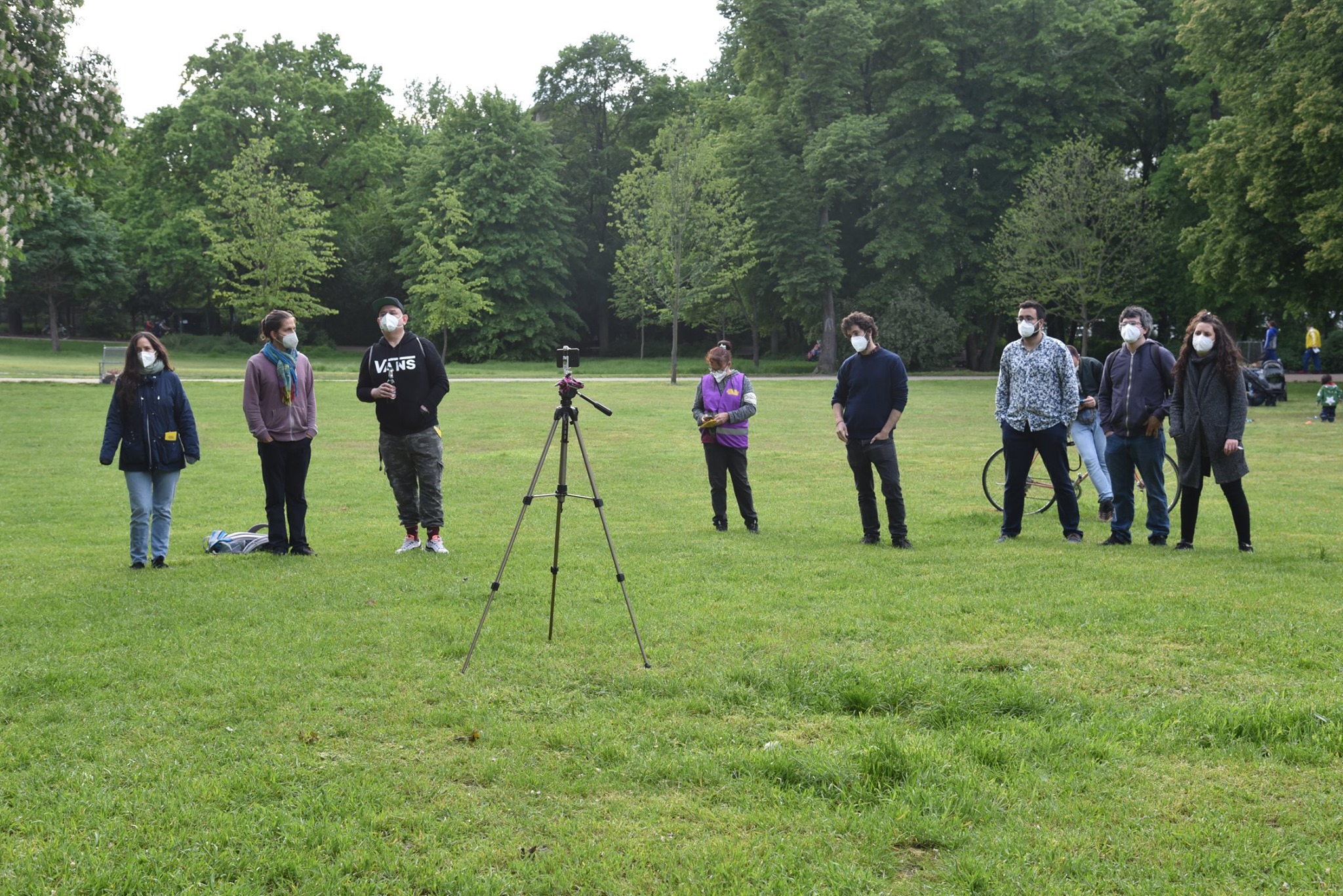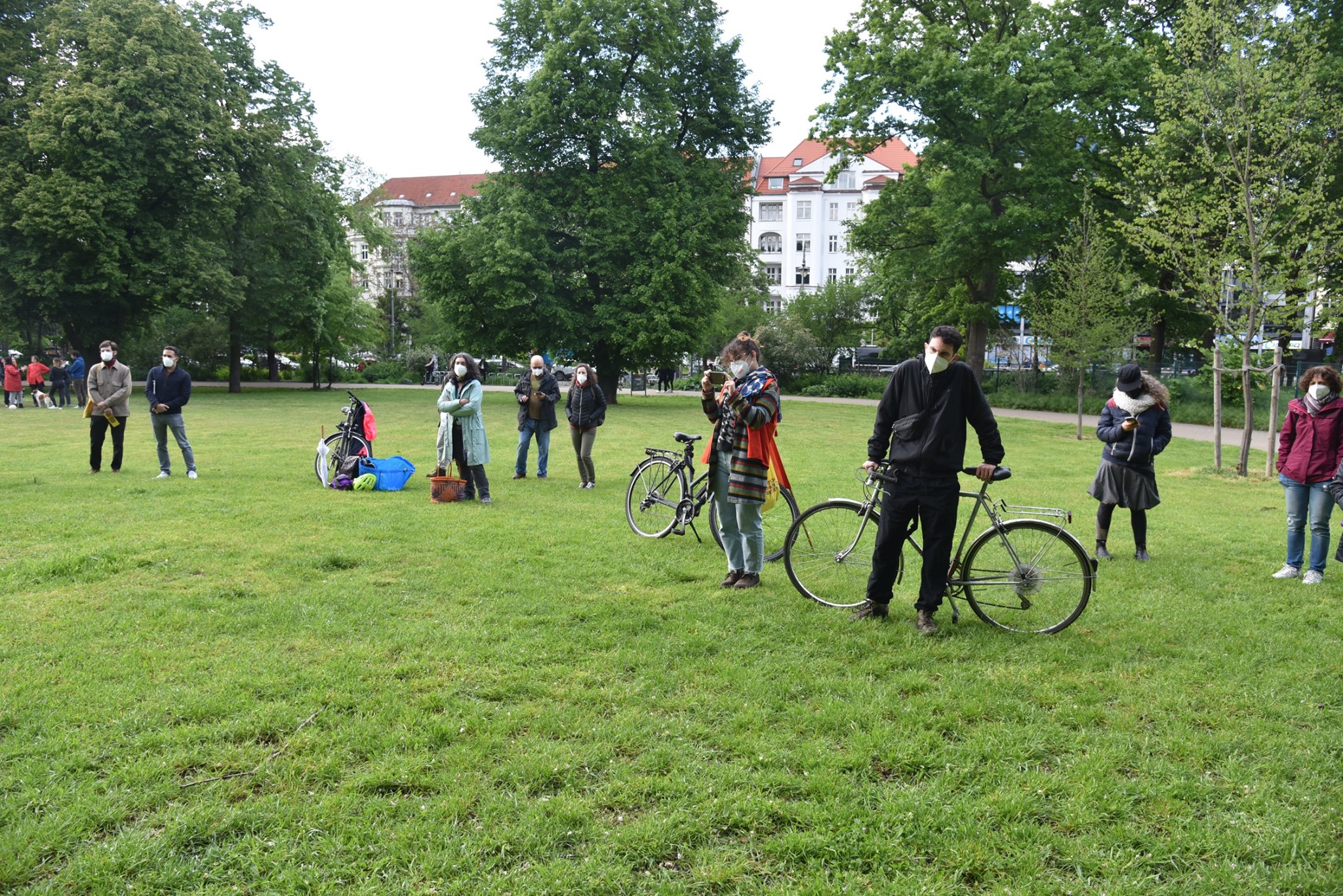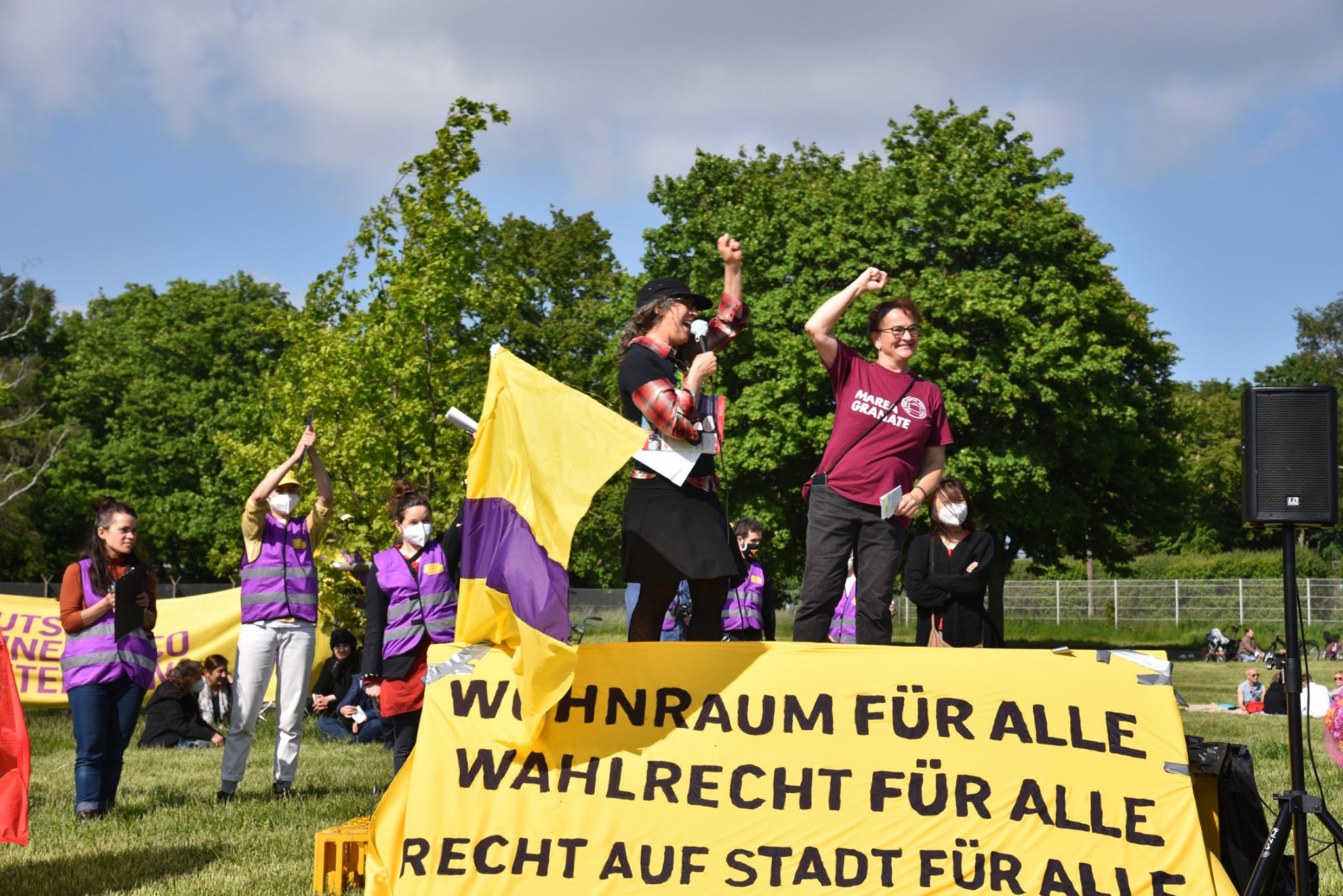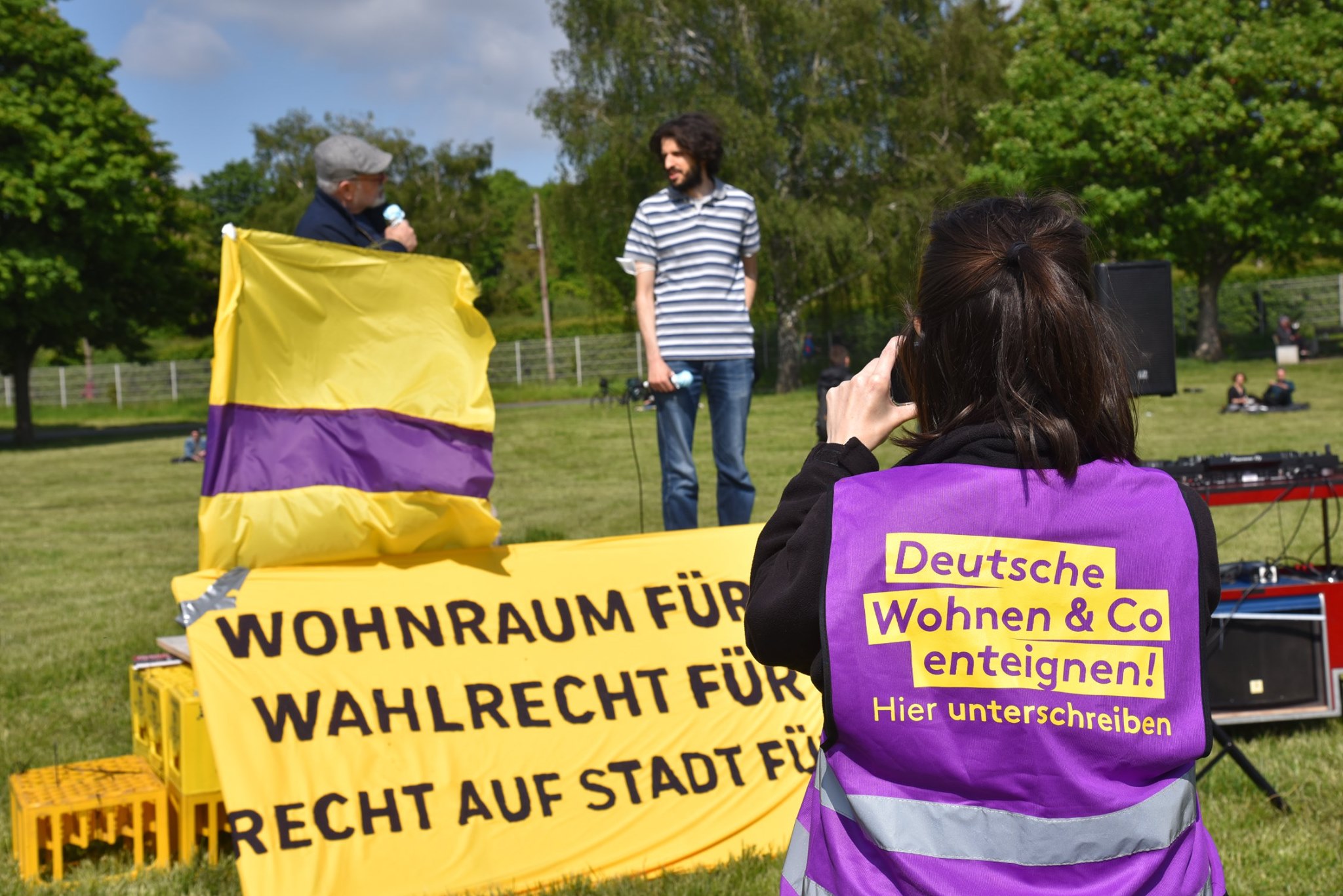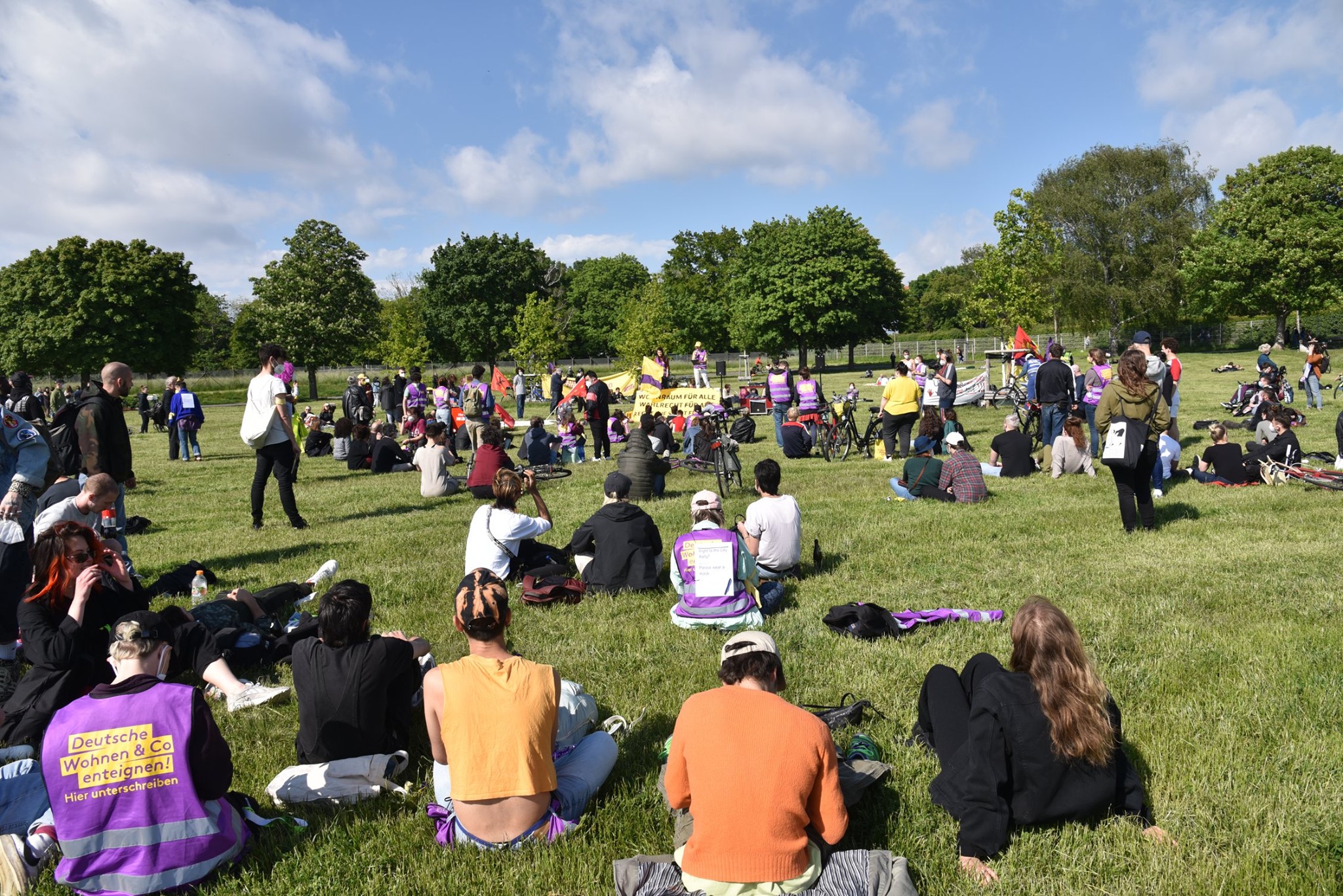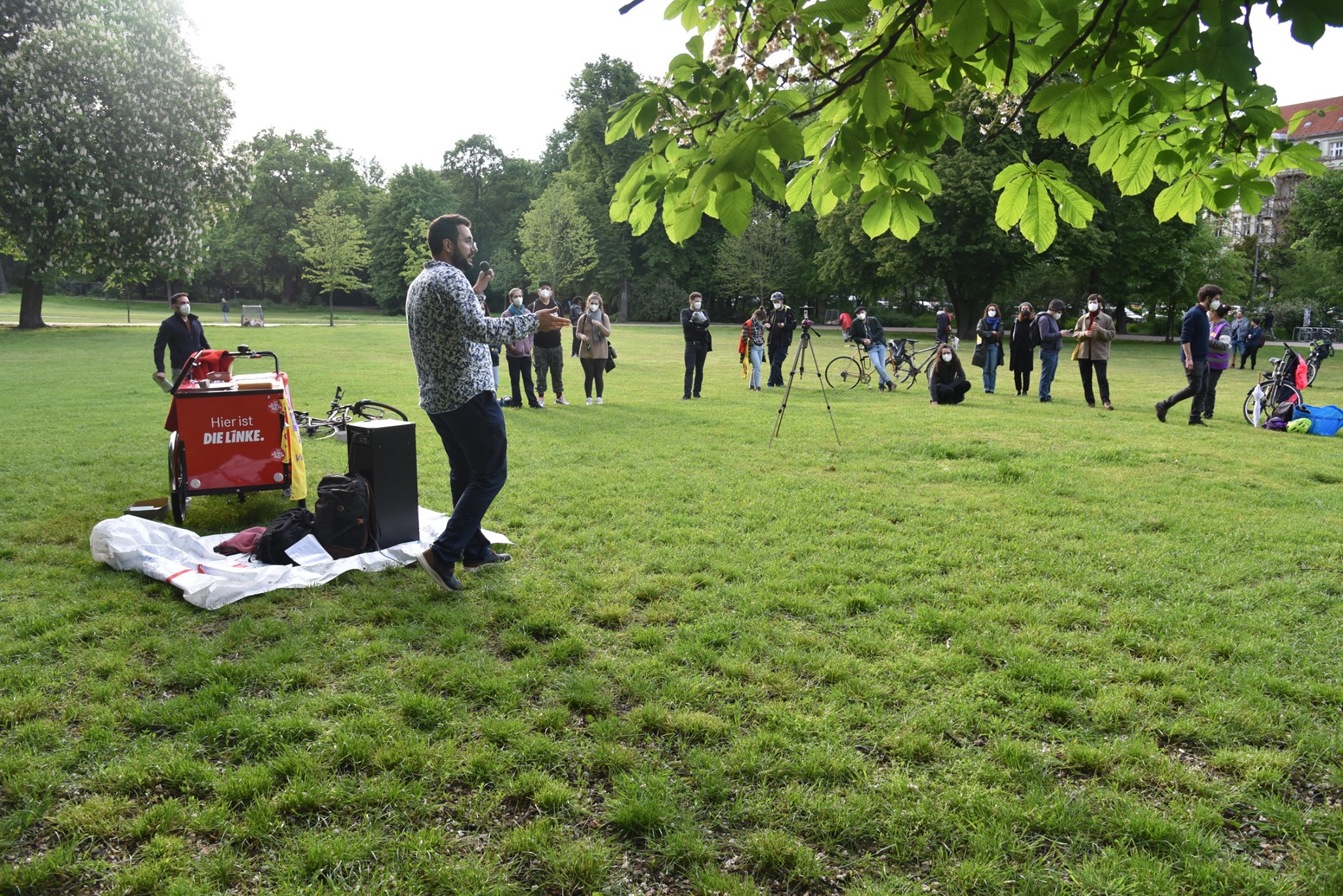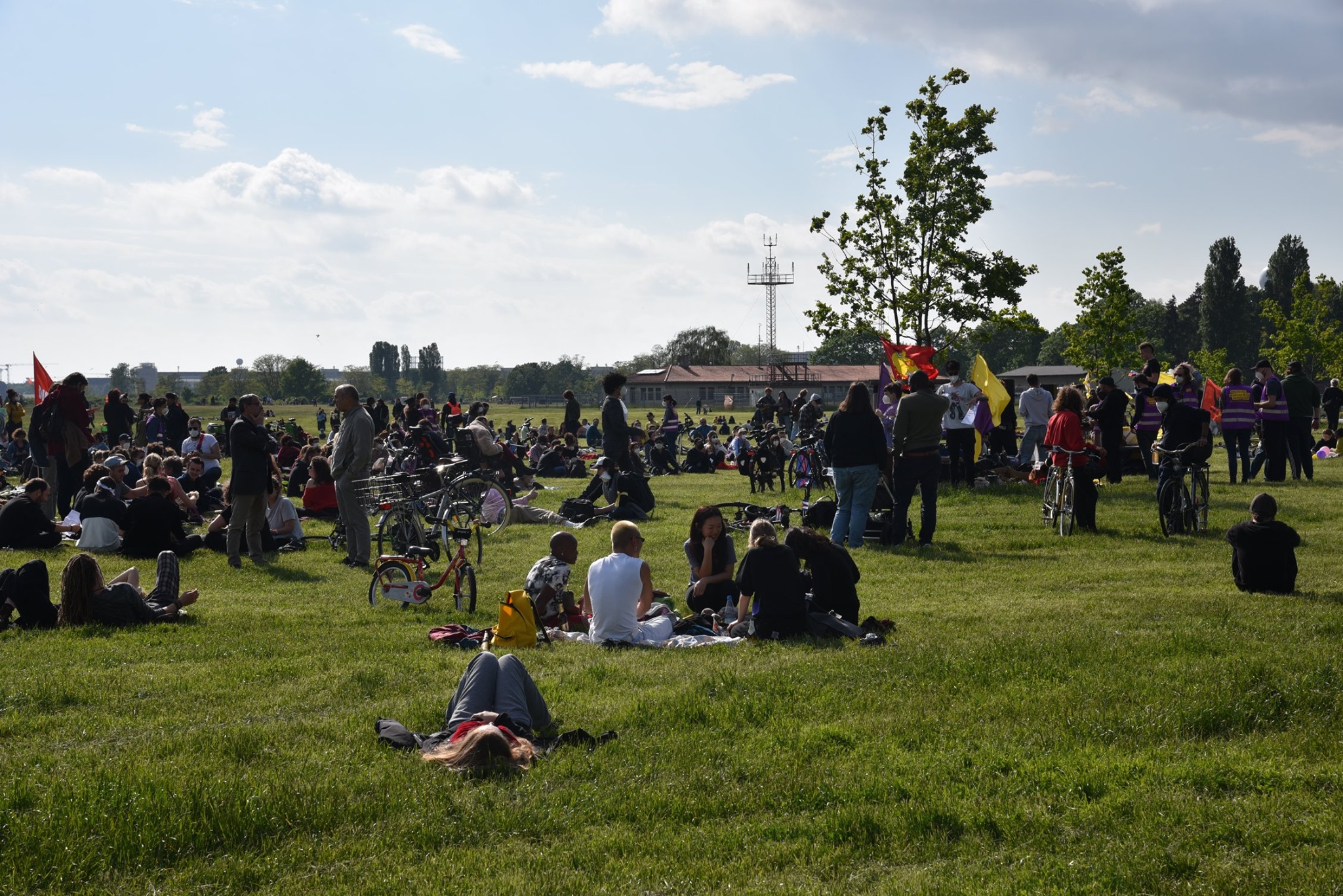His hair – they were all talking about his hair. After his electoral coalition Unidas Podemos (UP) became the weakest force in the next Madrid parliament after last May’s elections, Pablo Iglesias announced his retirement from politics. A couple of days later, his mane was chopped off. Now in the smallest Spanish village, where – in danger of dying out because of migration and an ageing population – the new haircut of the figurehead of the Spanish Left was the topic of conversation of the Spanish Left. Pablo Iglesias’s pony tale had long become a thing in its own right. It was the symbol of a new political understanding in Spain, and from the beginning a subject of public discussion. Even in “serious” television debates, Iglesias was time and time again “the one with the ponytail”.
The haircut should have gone a long time ago, admitted Iglesias after numerous inquiries. It was an annoyance, not least because his own children kept pulling it. What would votes think if he entered an electoral coalition with the Social Democrats of PSOE and shortly afterwards got rid of his trademark? A prophetic symbolic act of future good conduct? In a way, he must have felt himself trapped in his own picture. And his opponents? They would have happily and maliciously mocked him, inventing new lies about him without any legal consequences. Just as they had again and again in the previous seven years, since he was first elected as a Member of the European Parliament and later as the vice-president of the first coalition government since the end of the Franco dictatorship.
Alberto Rodriguez, Podemos’s outgoing organisation secretary and MP for Unidas Podemos also changed the picture from the Congresso de los Diputados with his dreadlocks. Others provided diversity: with his wheelchair, the speaker of the UP fraction, the scientist Pablo Echenique, demonstrated that the plenary hall in which decisions are taken is not accessible for the disabled. Isolated from his fraction, he had to sit in his wheelchair at the foot of the MPs’ benches. This image was shown often in the evening news. In addition, the Podemos MP Pilar Lima communicated solely using sign language, thus turning proceedings on their head in the senate hall dominated by grey-heads. A baby was also allowed to attend the parliamentary debates, carried by his mother, the Podemos MP and professor at Complutense University, Carolina Bescansa. This diverse group represented a new age.
This now seems to be a thing of the past. Symbolically, several media outlets have buried Podemos and their former chief with eloquent headlines: “Pablo Iglesias announces the end of a cycle” (he has never made this announcement) or “Anniversary of the protest movement 15 May: 10 years for nothing”. The headlines reflect the fact that, on ist formation on 11 March 2014, Podemos presented itself as the heiress of the protest movement. The outrage at the forced evictions during the housing crisis, the dictatorship of austerity, the unprecedented robbery of public funds to save the banks, and the generally devastating social effects of the crisis, brought hundreds of thousands onto to the streets in 2011. And Podemos reaped the rewards. In May 2014, the party stood for election for the first time. In the elections for the European parliament, they captured in one for 1.2 million votes and 5 MEPs.
10 years later, or 7 years later depending on what counts, and now with a grey beard, José Mansilla from the anthropological research centre Into urban conflict, declared the protest movement was “a mile stone in the repoliticization of society”. Depending on region, milieu or generation, the effects were sometimes more, sometimes less, “but without a doubt, that was an awakening following a period of political inertia, in which class struggle, neighbourhood initiatives and feminist or ecological movements stagnated”. What was achieved then was the break up of a social consensus that capitalism was capable of providing “liveable” conditions, that an intergenerational contract existed, that enabled the fulfilment of a certain social growth. According to Mansilla, “this hegemony is now broken.”
Even if the result is that the leading figure of the Spanish Left has disappeared along with his pony tail: “the milieu from which he came still exists” declared the experts. The social infrastructure, “the substance out of which society is made” have changed profoundly, and “that is also reflected in the superstructure and is reflected in politics, culture and justice.”
Concerning the economic structure of the country, the problems of Spaniards have got worse since 2019, although this is largely due to the contribution of the pandemic. The original plan of Universal Basic Income, which was originally planned by Podemos, and the programme for guaranteed work from the United Left (IU) has – as part of the coalition government with the PSOE – turned into a pension: much too low, much too bureaucratic, and until now only available to a fraction of those who need it. 850,000 families were supposed to benefit. According the Ministry for Inclusion, Social Security and Migration, only 210,000 have actually received this help.
Hair-raising figures prophesy poverty in Spain. There is a generation of middle aged people who have now lived through their second large economic crisis, and there are the younger people with even less hope. Nearly 40 per cent of Spanish youth have no paid employment. This is the highest rate in the whole Euro zone. In 2020, 1.5 million people were dependent on food aid. Spain’s GDP sank during the pandemic by ten per cent. No country in the EU has had to cope with higher losses. The major reason is the structural dependency on tourism.
The youth, however, have again taken to the streets. The reason for the protest was the imprisonment of the rapper Pablo Hasel and others for insulting the crown. But there was a general dissatisfaction with the political system in the air. In the centre of the criticism was above all the so-called “muzzle law” that was used against Hasel, although the government has promised to get rid of it. That was an election promise by Unidas Podemos and was also contained in the Coalition Treaty. The protests have ended for the time being, but experts believe that a new wave of mobilisations could be imminent.
Take, for example, the journalist Reiner Wandler, Madrid correspondent for the taz and regular writer for the Austrian Standard, who no longer sports a ponytail, but has accumulated abundant experience and knowledge of Spanish conditions. In 2011 Wandler experienced the protests on the Plaza del Sol up close. “That was a cry of liberation. The silent voice which shook Spanish society.” What remains for him is the self-organisation of people who have learned to mobilise on their own. “That will come again when it is necessary, and that will be sooner or later”. A banner from then will never be forgotten “I don’t know where you were in May 68, but I know where we were in May 2011.”
For the right wing and their hatred for this new type of movement, Pedro Ángel Márquez was also one of those long haired scroungers who slept several nights on the Plaza del Sol during the protests, even though he still had to write university papers. Márquez’s motto of the time was “we were asleep and now we’ve woken up”. He thought “the day has just begun we still have everything to do.” After the protests, he remained an activist in different groups. The streets were occupied and “discussing politics was part of everyday life”, explains Lola Matamala, who because of unemployment had to return to her parents’ house, although she was over 30. She talks of the achievements of the time like the platform which was threatened by mortgage payments but remains till today. But also of the quarrels from which Podemos emerged. “Podemos required the leadership of Iglesias because he was so charismatic.” Even though she finds this can be criticized, it makes sense to her why this decision was made.
In truth, from this movement without leading figures a party developed with a clear leadership – above all Iglesias and his haircut – and a much weaker basis. Many loved Iglesias and his excellent rhetoric. Others, like his friend and Podemos co-founder Iñigo Errejón, turned their backs on him and formed a new party. Mas Madrid confined itself at first to the capital city, and later under the name Mas Pais extended their activities to a national level- In Madrid, Mas Pais is still stronger than Podemos and achieved second place in the recent regional elections. In 2011, Errejón was invited by the SPD to Berlin and met with the then party leader Sigmar Gabriel – before Podemos was even founded. In Spain, however, the press could recognise fewer similarities with the German social democrats and many more with the German Green. A clear left split followed the government coalition with the PSOE: the current “Anticapitalistas” left Podemos in early 2020.
Even with trimmed hair, Iglesias continued as Public Enemy Number 1. Right wing journalists compared him with his new haircut to the young Stalin. Inexcusably, after his withdrawal from the government, Iglesias recommended as his successor as vice-president a Communist woman. And anyway: the once “neither right nor left” party Podemos has turned into a left-wing force, which admittedly addressed increasingly fewer people in recent elections. Sure, the right wing in Madrid have always won the election, but the most recent victory was particularly pronounced. Podemos now must elect a new General Secretary, and the signs are that the United Left must also settle with the party leader.
Podemos, this construct of a group from politics and sociology professors of Complutense University, which was planned on the isolated Campus of Somosaguas (an irony of fate: the Francoist authorities originally deliberately erected the building outside the city, to prevent strong resistance by students), will continue to exist without Iglesias and most of its founders, and will gather a section of the left-wing forces. The United Left containing the Communist Party (PCE) also has a stable clientele. Spaniards can thank the PSOE alone for the lack of a halfway progressive government in Spain. The PSOE waited until Unidas Podemos was weakened by four elections in four years while right-wing media and the deep state had all the time in the world to make all sorts of accusations against UP, for which no-one was prosecuted.
Mario Domingez also doesn’t have too much hair, is a professor at the aforementioned University, took part in the 15 May movement, but not in the formation of the party of his co-worker. He supports the ideas that were put forward then on the Plaza del Sol by the Grupo Analisis. Among them, a central point: “it is important for every movement that wants to effect change that these actions are the fruit of a strong collective thought process and a free debate”- The consensus should be the basis for all actions of the assemblies. “The consensus as alternative to the current system, that is based on the principle of majority rule.” Pablo Iglesias – with or without pony tail – can be understood as a victim of this thought process, as he became the symbol of this movement, and the target of right-wing hate. Alternatively, as his critics say, his charisma stifled this process.
This article first appeared in German in the Austrian magazine Tagebuch. Reproduced with permission. Translation: Phil Butland
